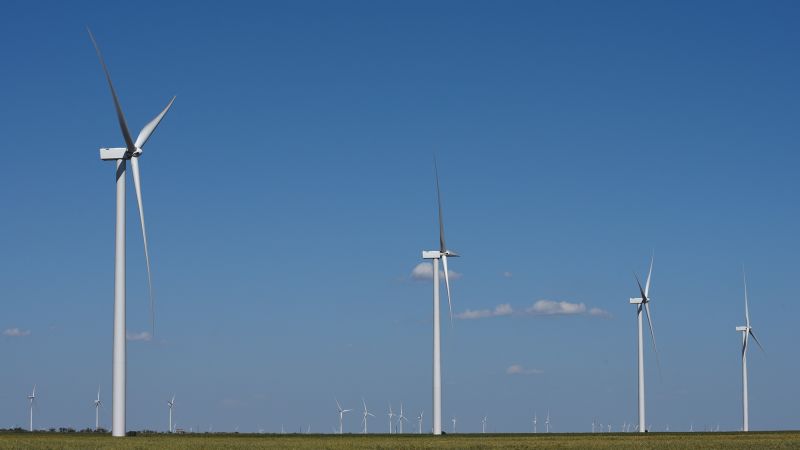It looks like we can settle soon a fascinating question:
If the federal tax on gasoline is removed, how much cheaper would gas be?
The tax holiday will remove the 18 cent per gallon tax. Do you expect gas to reduce by:
a) more than 18c
b) exactly 18c
c) less than 18c
d) will not reduce the price at all
My thought experiment is as follows:
If the tax is added at the Point of Sale and does not affect the upstream oil extraction and refininig, then one would think the stations can just reduce their prices by 18c and nothing changes in their profitability. So that would be case b).
But if the demand is elastic, a reduction of the price would increase consumption which means that the reduction would be less than 18c, or option c).
However if production is roughly capacity limited, the customer is indifferent to whether those 18c go to gas stations, to the Federal Government, or to a charity. The price will convergence to the same value as before, or option d)
In short, I can only rule out that the reduction will exceed the tax component.
Willing to bet that c) happens. Willing to bet 18c on that.
If the federal tax on gasoline is removed, how much cheaper would gas be?
The tax holiday will remove the 18 cent per gallon tax. Do you expect gas to reduce by:
a) more than 18c
b) exactly 18c
c) less than 18c
d) will not reduce the price at all
My thought experiment is as follows:
If the tax is added at the Point of Sale and does not affect the upstream oil extraction and refininig, then one would think the stations can just reduce their prices by 18c and nothing changes in their profitability. So that would be case b).
But if the demand is elastic, a reduction of the price would increase consumption which means that the reduction would be less than 18c, or option c).
However if production is roughly capacity limited, the customer is indifferent to whether those 18c go to gas stations, to the Federal Government, or to a charity. The price will convergence to the same value as before, or option d)
In short, I can only rule out that the reduction will exceed the tax component.
Willing to bet that c) happens. Willing to bet 18c on that.

